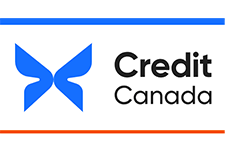Discover financial empowerment resources
Discover financial empowerment resources
Developed under the academic leadership of Dr. Bonnie-Jeanne MacDonald and Senior Researcher He Chen, the COA Calculator is a free online tool that explores how typical retirement costs — including food, housing, transportation, health and care, and other expenses — vary based on real-life...
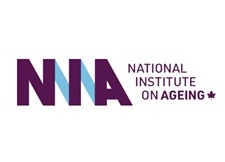
If you’re getting texts from seemingly legitimate sources asking you for personal information, it could be a phishing attempt. Phishing scams are increasingly common. Protect yourself by learning how to spot phishing attempts and other variations of this...

This toolkit of digital literacy resources helps Canadians better protect themselves from online scams, fraud and unsafe digital practices. These bilingual tools are specifically created for adults with lower literacy levels and support adult learners in navigating today's rapidly changing digital...
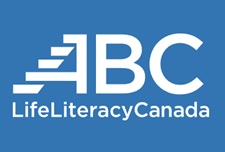
The Autorité des marchés financiers (the “AMF”) provides a directory of all the financial education tools available in Québec. Use these toolkits for financial planning based on your current...
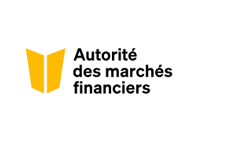
In this podcast episode, Simon Brascoupé introduces “Braiding Mind, Body, and Spirit,” a culturally relevant financial wellness resource developed with Prosper Canada and the Aboriginal Financial Officers Association of Canada. Using the braiding metaphor, the resource addresses Mind...
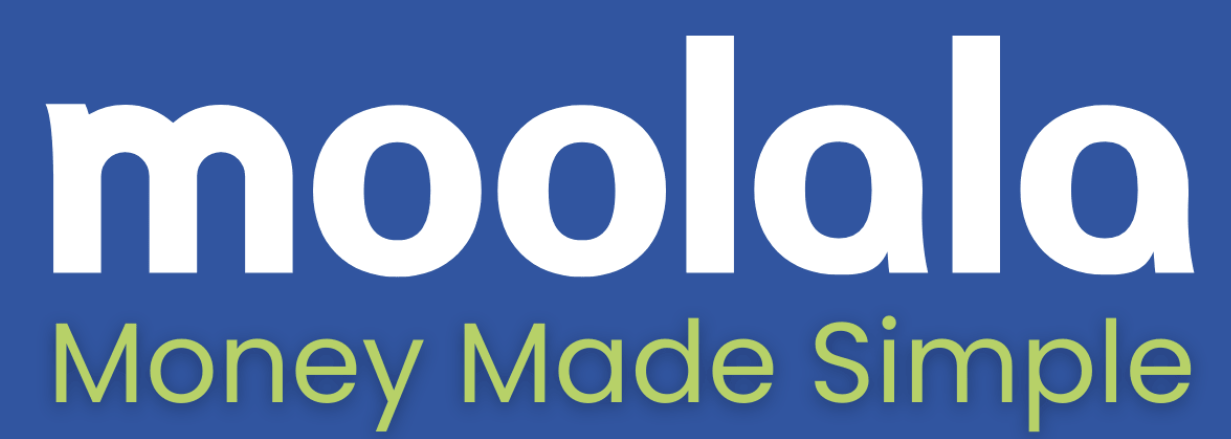
Safe and Secure is an online book that helps you imagine, plan, and take action toward building a good and purposeful life, and a secure future, for your family member with a disability. First published in 1996, Safe and Secure was created to help families imagine and plan...

This toolkit provides women, youth, gender-diverse people, and frontline workers with information on preventing and addressing digital financial abuse. Digital financial abuse involves the misuse of technologies like online banking, finance apps, or other digital tools to exert power and control...
The Legal Remedies for Technology-Facilitated Gender-Based Violence (TFGBV) Toolkit is a guide to help women and frontline anti-violence workers better understand the legal causes of action available in response to various forms of TFGBV, which can include economic abuse. It may be read on its...
This 90-minute webinar provides frontline practitioners with foundational knowledge and skills to support Canadians living on a low income in accessing benefits. Participants will learn the importance of access to benefits for individuals and families, review key skills and opportunities for...

The first course from the Money Matters for Self-Employment series is Thinking About Self-Employment. In this free course, you'll learn what it means to be self-employed, different ways of being self-employed and if self-employment is right for...

This report summarizes the first results from the Canadian Survey on Working Conditions. Explore how different kinds of workers experience core dimensions of quality of employment, including exposure to physical risks, emotional demands, work schedules and hours, time pressures, co-worker support,...

There are many different actions that can be taken to improve financial wellbeing. The Financial Wellbeing Framework offers 17 entry points to action to inform government, organizations, policymakers, decision-makers, practitioners, and researchers in their efforts to address financial...

Receiving a lump sum of money can be overwhelming to some people. Careful planning can help you make the most of your money. Here are some ways to financially prepare for your compensation in the First Nations Child and Family Services and Jordan’s Principle Settlement. Watch the...

This case study explores how automatic tax filing and administration of tax benefits could greatly reduce the burden on the charitable and public sectors, and expand the number of people receiving income benefits for which they are...
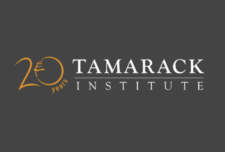
Stand Against Scams is a national awareness campaign Canadians to help protect themselves from scams. Canada's major organizations are teaming up to protect Canadians and to fight scammers. The money stolen through scams is often used to fund human trafficking, organized crime, terrorism, and more....

If any of these statements sound like something you would say about money, this toolkit is for you: • I don’t have enough money to live on each month. • I find it frustrating to have to share my situation over and over again. • I wish I could find help easily but don’t know where to...

Every year, thousands of people in Canada miss out on tax benefits that can significantly increase their income or reduce the amount they owe. For people living on a low income, filing a tax return can mean thousands of dollars more. Check out these resources -- infographics, posters, and social...

Jointly authored by Prosper Canada and AFOA Canada, this 2018 federal budget submission provides information and recommendations for the increase of benefits take-up for Indigenous...
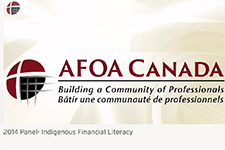
The GetYourBenefits! Project began as an attempt to convince physicians that it is important to diagnose and treat poverty. This paper describes how information on accessing benefits has been communicated to physicians, health care providers, and those who work in public...

Canada faces a decline in financial well-being. This report identifies systemic barriers to financial well-being and proposes a series of targeted institutional reforms, including the following: • Accelerate open banking • Streamline rules for inclusive innovators • Create a community...
The Navigating Tech Abuse Toolkit is a resource for frontline workers in domestic violence shelters in northern, remote, rural, and Indigenous (RRNI) communities. In this toolkit, you will find a series of conversation guides that you can use when working with survivors. Each guide focuses on a...
Whether you’re on a vacation at a resort, waiting in the airport or sitting in a coffee shop, it’s often possible to connect to the Internet through a wireless network provided by the property owner. Sometimes these will be offered for a small fee and sometimes they will be free. But be...

This article shares stories from Amadeusz, an organization that works with people who are incarcerated to further their high school and post-secondary education. Learn about how experiences with the education system are deeply connected with basic needs for housing, income, and social...
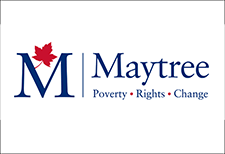
This policy brief argues that employment is not a viable path out of poverty unless policy interventions first address the barriers that prevent work and create a labour market that offers decent jobs. A successful poverty reduction strategy must also speak to the needs of those who will never work...

Mariposa is an AI agent built by Credit Canada, the country’s first and longest-standing non-profit credit counselling agency. Access free, 24/7 AI-powered financial advice and get a personalized debt assessment to help you take the next step toward being...
